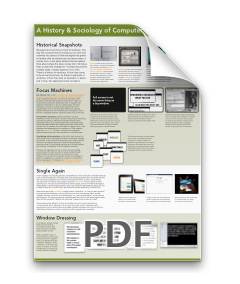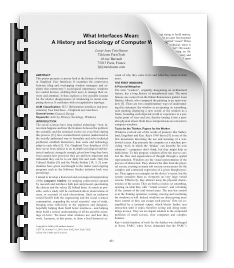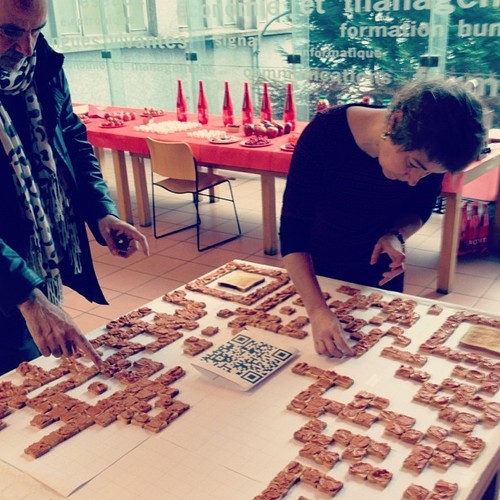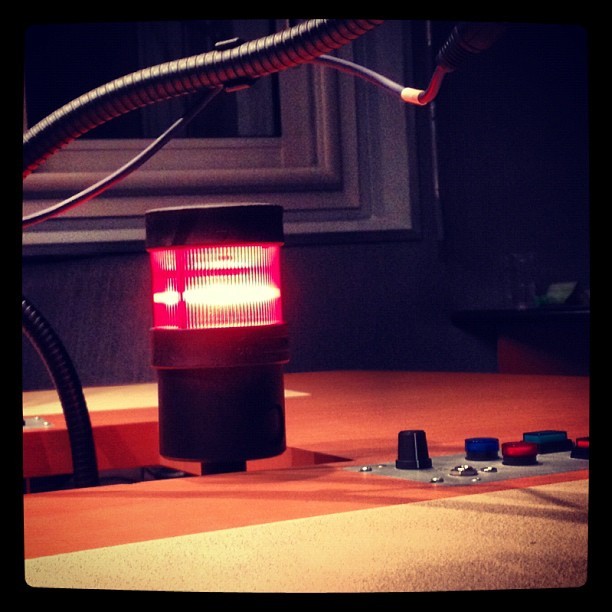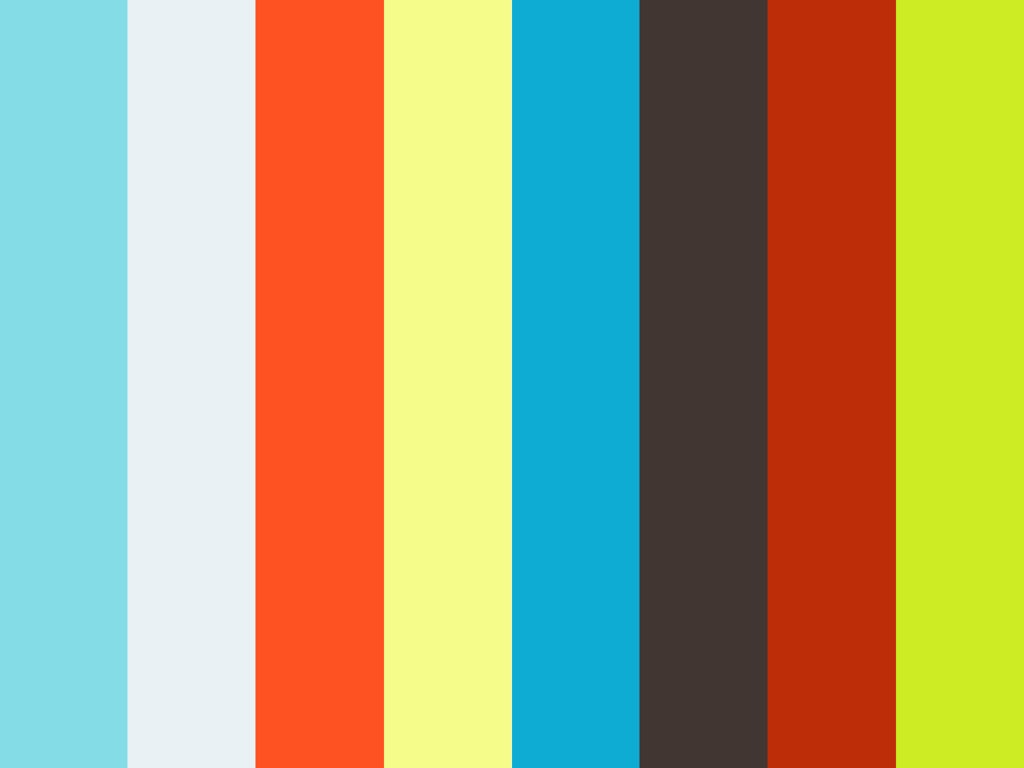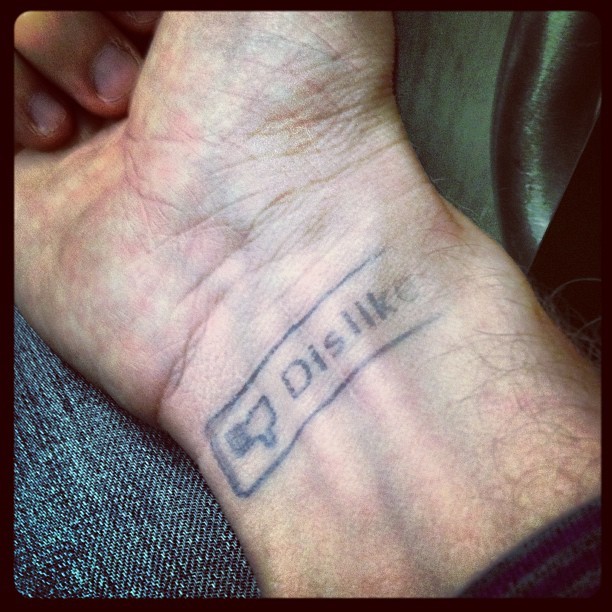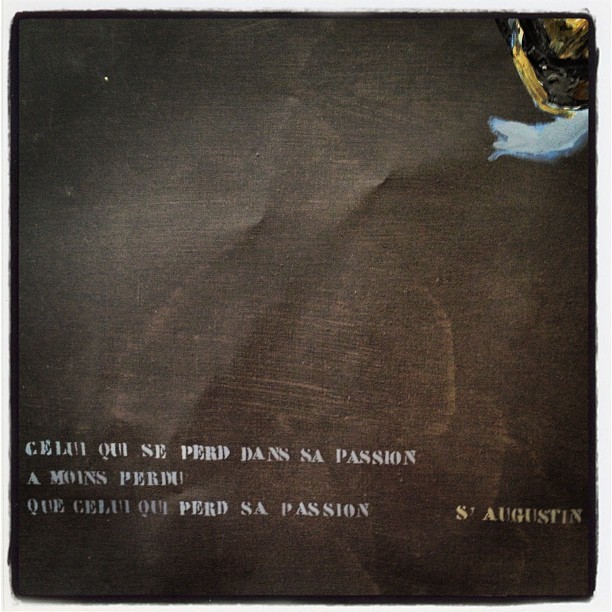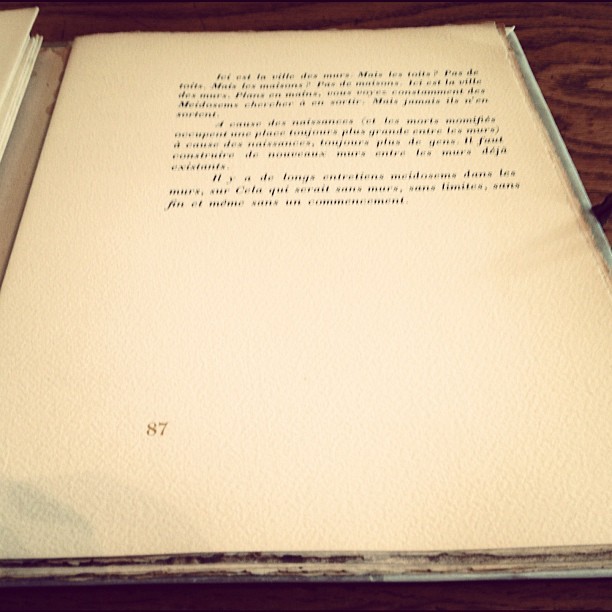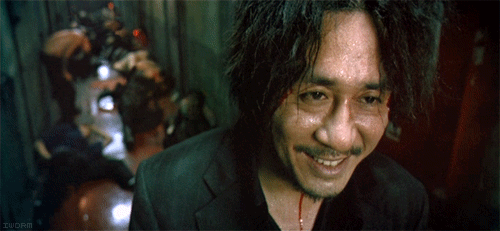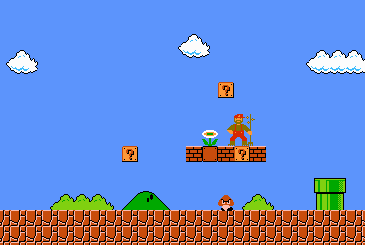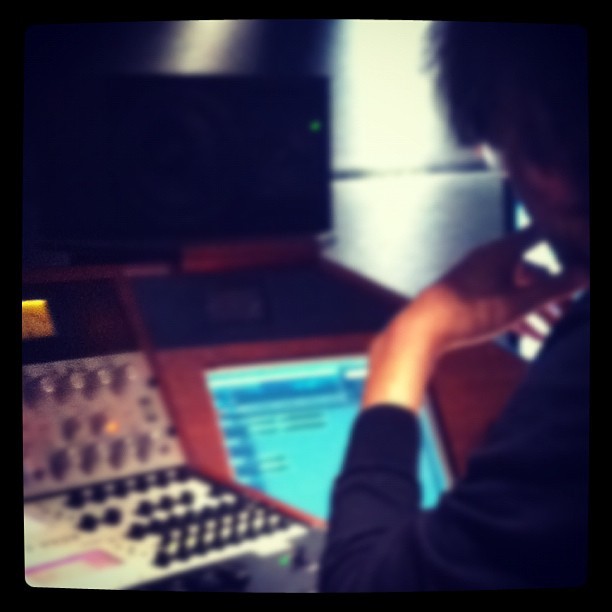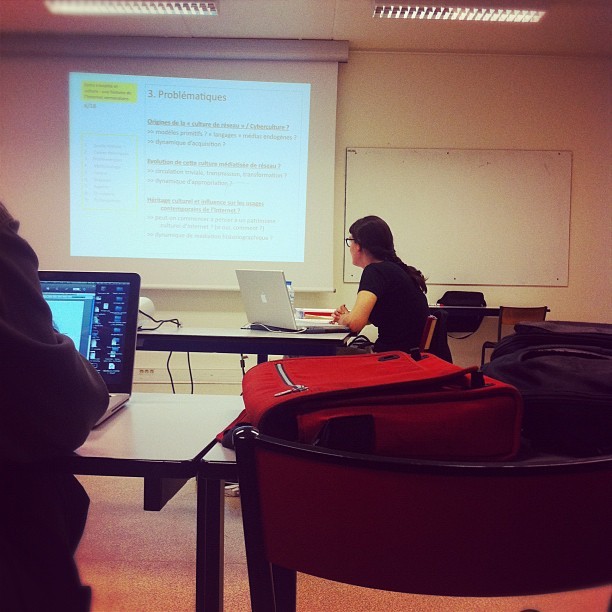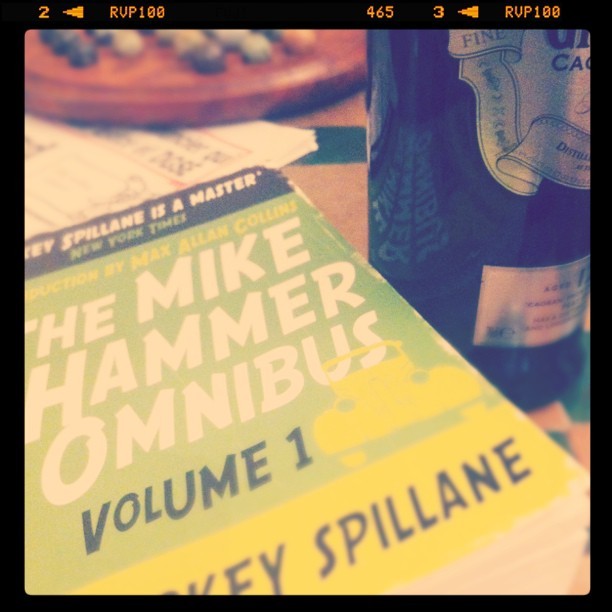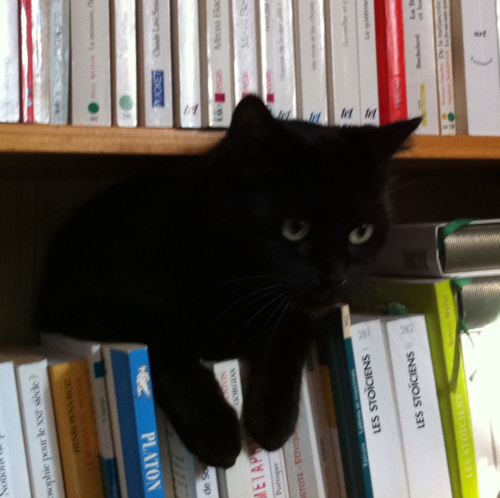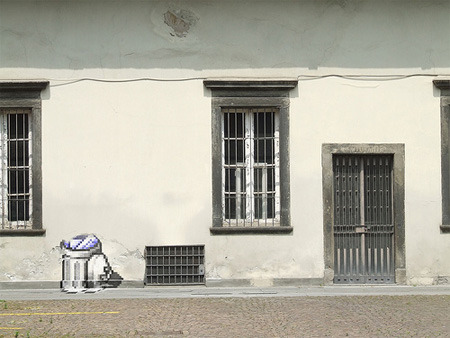Mon avion est arrivé tard, vers 22h locales, ce qui m'a laissé deux bonnes heures pour me préparer au dîner – nous devions nous rendre dans un restaurant de viande avec des amis de mes hôtes, et le temps de prendre rendez-vous et d'aller chercher tout le monde, voilà. De cette soirée, j'ai retenu le poulet à mains nues, une malformation inédite de mon nom (« Jean-Léon »), l'infusion d'hibiscus et quelques prénoms.
J'ai bu de l'eau, j'ai mangé avec les mains, je ne suis pas tombé malade.
Samedi à prendre des marques, passage matinal au bureau puis déjeuner chez la mère de mon hôte. Toujours autant de mal à m'asseoir sur mes talons, malgré une solide expérience des prie-Dieu. Premiers animaux croisés : chèvres dans la rue.
Soirée poker où j'apprends le poker. Soirée où je découvre avec délice ce sport idéal pour muscler ma manipulation. Où je vois en action un des amis qui, par feinte et par malice, convainc tout le monde de mal jouer, pour ensuite l'emporter, pour ensuite concéder la victoire à l'autre fille du groupe. On parle de la compagnie nationale d'électricité. Il y a un consensus en faveur de la privatisation.
Je crois remarquer une obsession pour le téléphone portable. Je pense « y'en a de pires que moi ».
J'ai bu de l'eau, j'ai mangé des fruits, je ne suis pas tombé malade.
Lendemain en partance pour l'île. Je dors pendant la traversée, je m'endors toujours en bateau. Le poisson, les artistes, le souvenir des esclaves ; la fanfare partout dans la ville ; nouveau surnom issu d'un improbable malentendu de mon prénom : Mustafa. Premier animal domestique pas forcément domestique : chat errant. Au pluriel.
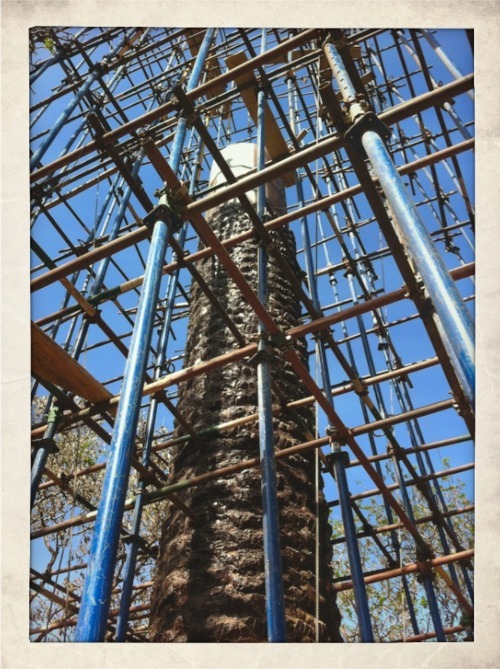
Sur l'île, une nouvelle antenne-relais doit s'élever. Elle est déjà à moitié construite – tout est déjà à moitié construit ici – et les échafaudages sont visibles de loin. Cette antenne pour une fois me fait trépigner de joie. Les antennes-relais, d'ordinaire, sont moches ; celle-ci est drôle. C'est un palmier. Un palmier-relais. Un palmier de métal – un long tube qui sert de tronc, recouvert d'une fausse écorce probablement en résine peinte, avec, tenez-vous bien, des palmes en métal. Je les ai vues, j'en témoigne. J'ai jubilé en voyant le moche moderne, si peu embelli ou juste maquillé d'habitude, transformé en une fausse nature, dialectique qui aplatit en un seul gag notre valeur réseau et notre valeur nature.
J'ai bu de l'eau, je me suis baigné, je ne suis pas tombé malade.
Lundi de Pentecôte malgré tout au travail. Puis crustacés en finistère, puis aucun courage pour se baigner. On voit des surfeurs. On longe la côté, découvre une pointe méconnue près du lycée privé catholique, mange de mauvaises pizzas sur la grand place. Les glaces sont bonnes. On discute – on débat – de la polygamie. Je n'interviens pas. Je suis là pour voir les choses de l'intérieur, découvrir ce croisement timide du théologique, du rationnel, du c'est comme ça qu'on fait chez moi et de la revendication identitaire.
J'ai tout bu et tout mangé, je ne suis pas tombé malade.
Mardi au travail, routines de la boulangerie le matin – trois croissants aux amandes, deux croissants au beurre – avant la machine nespresso, boulot puis cantine au coin de la rue, puis boulot peut-être moins convaincu avec la chaleur et la digestion. Dîner chez une famille locale, avec le petit et le moins petit et l'ado typique et l'aînée studieuse glandeuse aux fourneaux. Découverte d'un diplôme de judo du père de famille.
J'ai négligé de boire, j'ai mangé n'importe comment, je ne suis pas tombé malade.
Mercredi travail matin, woo shopping l'après-midi. Moi qui déteste ça, qui déteste tellement ça, je m'attends à ce que le shopping nécessaire nécessairement fastidieux soit un enfer. J'ai globalement raison, sauf le plaisir que j'ai commencé à prendre à (mal) négocier.
J'ai bu une bière (oh) et j'ai mangé des choses raffinées, il ne m'est rien arrivé.
Jeudi dernier jour, le retard du mari de la ministre, sa poigne, et pour une fois faire le chemin à pied, marcher dans l'air chaud à la meilleure heure. Je suis pris d'une satisfaction intense, incompréhensible, du travail bien fait et de l'effort à venir ; le sentiment d'être enfin arrivé, d'être enfin parvenu à m'ouvrir, de commencer à m'intégrer. L'étranger m'est si difficile. Je vis chaque voyage comme une brûlure, une atteinte à ma peau. Mes protections anciennes râpées, poncées par l'extérieur. Il me faut à chaque fois bien une semaine pour qu'une nouvelle membrane me pousse, plus poreuse, plus sympathique envers l'extérieur. J'ai la crainte à fleur de peau, c'est tout au fond que je suis courageux.
Mais de toute façon l'avion. Retour pénible une fois à Paris. À nouveau changer de peau, mais je ne peux pas demander aux autres qu'ils m'attendent. Il faut reprendre le rythme, rattraper le retard, couvrir les innombrables petits mensonges par omission que j'étais si soulagé de fuir.
Je suis rentré. C'est au retour que je suis tombé malade.

